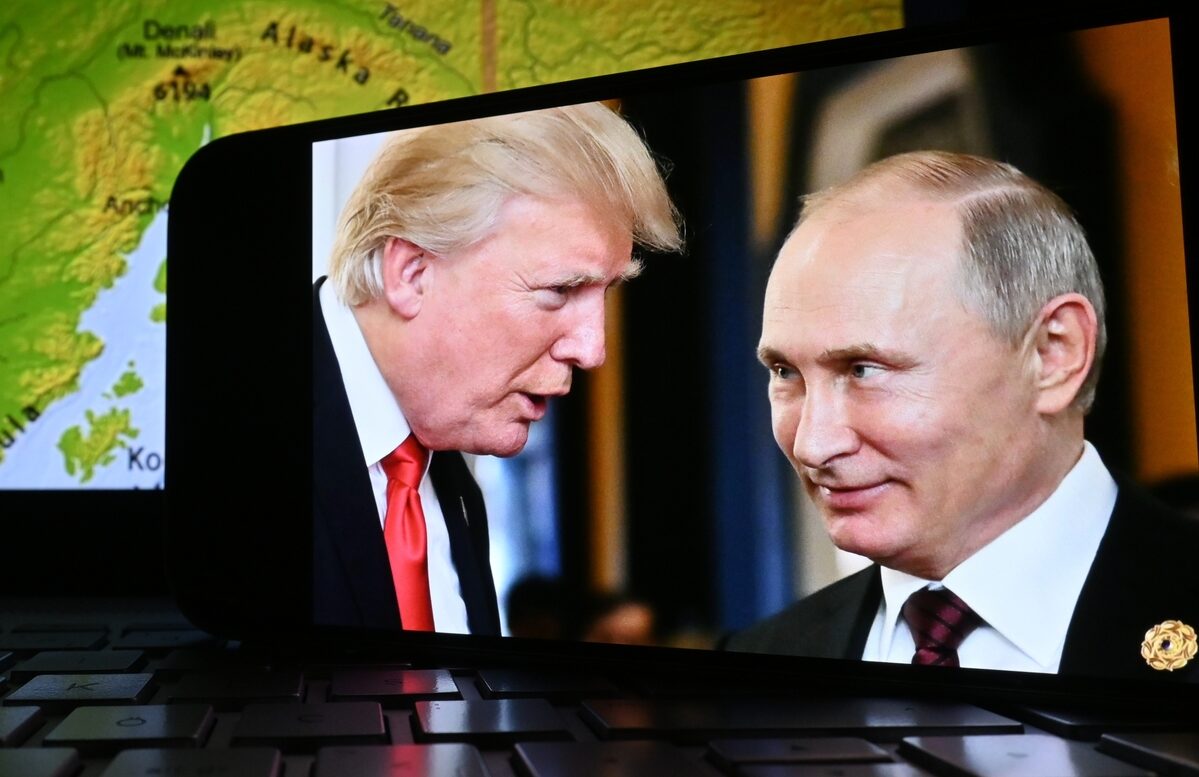As part of a new diplomatic push, President Trump announced plans for a high-stakes summit with President Vladimir Putin in Budapest, Hungary, with the aim of halting the escalating war in Ukraine.
The announcement came after a “very productive” two-hour phone call on Oct. 16, another ambitious attempt by President Trump to broker peace amid rising tensions.
President Putin quickly agreed to the venue, signaling potential momentum for the war that has claimed tens of thousands of lives since the invasion of Russia in 2022. As President Trump prepares to welcome Ukrainian President Volodymyr Zelensky to the White House, the question on everyone’s lips is: Can this Trump-Putin dialogue finally end the war?
President Trump and Putin’s phone call ignites hopes of ending war in Ukraine
The phone conversation between Trump and Putin covered issues such as peace negotiations with Ukraine, postwar trade between the United States and Russia, and the ceasefire in Gaza, among other topics. Trump called the meeting “very useful,” and Kremlin aide Yuri Ushakov congratulated Putin on Gaza and expressed Russia’s concerns about U.S. Tomahawk missiles being sent to Ukraine.
No cease-fire schedule has emerged, but the advisory meeting was set up based on President Trump’s dissatisfaction with the failed Alaska summit in August 2025. That three-hour rally ended up yielding zero concessions from President Putin and led to President Trump redirecting to Budapest. Experts warn that ending the war depends on influence, not optics.
Zelenskyy-Trump meeting linked to Putin’s war strategy
Mr. Zelensky’s visit to the White House on Thursday, October 16, is directly related to the announcement of a Trump-Putin meeting, and Mr. Trump is expected to brief Mr. Zelensky about the meeting. President Zelenskiy has called for Tomahawk missiles capable of hitting Russia 2,500 kilometers. Putin called them “escalatory” during the discussion and deemed them a threat to peace. Hungarian Prime Minister Viktor Orban, an apologist for President Vladimir Putin, cheered Budapest as “great news for peace” despite his veto on EU aid.
Risks and benefits of Trump and Putin’s war diplomacy
Will the Budapest summit end the Ukraine war? Recent polls show 70% doubt a quick resolution, and analysts expect limited progress. Trump hopes to ride the crest of a wave with success in the Gaza Strip, but Putin is likely to stall as he seeks concessions. A direct meeting between Trump and Putin risks undermining NATO cohesion and emboldening Russia, as seen in the Alaska fiasco. But the post-war trade revival, at pre-invasion levels of $30 billion, leaves quite a carrot dangling. “Putin wants a sphere of influence, and President Trump risks enabling that,” said Evelyn Farkas of the McCain Institute. With war fatigue mounting and winter approaching, the Budapest meeting could redefine alliances or deepen rifts.








